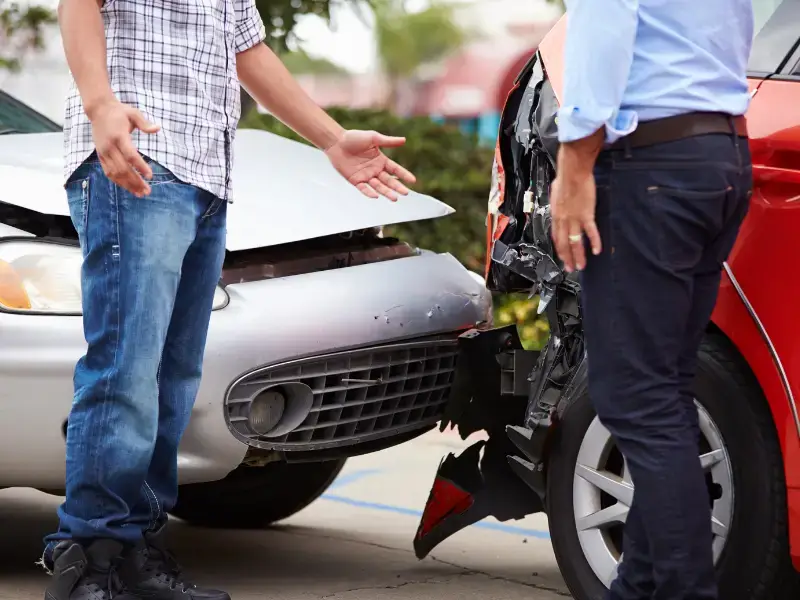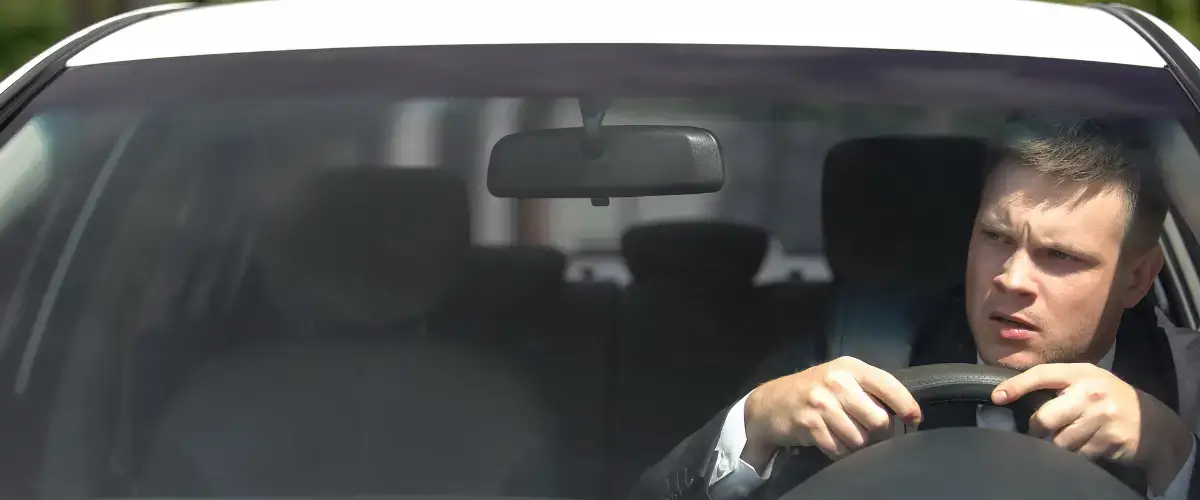What is Negligence in Georgia
In legal terms, negligence refers to the failure of a person to exercise reasonable care, resulting in harm to another person. In Georgia, proving negligence requires demonstrating that the other party did not uphold their duty of care, leading to your injuries. According to the Georgia Code, Title 51 on torts, victims must clearly establish the elements of negligence for a claim to hold in court .
The 4 Essential Elements of Negligence
Proving negligence typically involves four elements. Courts and insurance companies will evaluate whether each of these criteria has been met:
- Duty of Care
The plaintiff (injured party) must show that the defendant (the person being sued) had a legal duty to ensure the safety of others. For example, drivers have a duty to follow traffic laws and drive safely. - Breach of Duty
This is the failure to meet the duty of care. In a car accident case, this could mean the defendant was speeding or texting while driving, violating Georgia’s traffic laws. - Causation
The plaintiff must prove that the defendant’s breach of duty directly caused the injuries. Establishing a clear link between the defendant’s actions and the plaintiff’s injuries is crucial. - Damages
Finally, the plaintiff needs to demonstrate that they suffered actual harm, such as physical injury, emotional distress, or financial loss. Without damages, there’s no basis for compensation.
Gathering Evidence to Strengthen Your Case
To prove negligence, gathering compelling evidence is critical. Here’s how you can strengthen your case:
- Document Everything – Collect any documentation related to the incident, such as police reports, medical records, and eyewitness testimonies. For example, police reports can provide an official record of the incident, while medical records establish your injuries.
- Take Photographs and Videos – Visual evidence can be powerful. Photograph the accident scene, any visible injuries, and property damage. This evidence can help illustrate the conditions that led to the accident.
- Obtain Eyewitness Statements – Witnesses can corroborate your account and provide an unbiased perspective. Take notes on what they saw and heard, as it can lend credibility to your version of events.
- Expert Testimony – In some cases, you may need experts to support your claims. For instance, medical experts can confirm the extent of injuries, while accident reconstruction specialists can explain how the accident likely occurred.
Atlanta's Comparative Negligence Rule
Georgia follows a comparative negligence rule, which can affect how much compensation a plaintiff receives if they are partly responsible for their own injuries. Under this rule, the plaintiff’s award is reduced based on their degree of fault. If the plaintiff is more than 50% responsible, they cannot recover any damages . This underscores the importance of strong evidence to minimize any allocation of blame.
The Role of Insurance Companies in Negligence Cases
In Atlanta, most personal injury claims are handled through insurance companies, especially in car accident cases. However, insurance adjusters often try to minimize payouts by disputing claims of negligence. For this reason, presenting irrefutable evidence and staying consistent in your account are crucial. An experienced personal injury attorney can help counteract these tactics by negotiating with insurers and, if necessary, taking the case to court.
Working with an Atlanta Personal Injury Attorney
Hiring an experienced personal injury lawyer can significantly increase your chances of proving negligence. Attorneys can provide legal expertise, conduct thorough investigations, gather and organize evidence, and build a strong argument for your case. Most personal injury attorneys in Atlanta work on a contingency fee basis, meaning they only get paid if you win the case.
Statute of Limitations in Georgia
In Atlanta, the statute of limitations for most personal injury cases is two years from the date of the accident. This means you must file your claim within this period to preserve your right to compensation. Missing this deadline could result in losing the opportunity to pursue a claim entirely.

Steps to Take Immediately After an Accident
Taking prompt action after an accident can help preserve evidence and support your case:
- Report the Incident: Notify local authorities if it’s a car accident. For slip and fall incidents, inform the property owner.
- Seek Medical Attention: Even if injuries seem minor, a medical evaluation documents your condition and ensures timely treatment.
- Keep a Record: Document conversations, emails, or any communication with the other party or insurance companies.
Proving Negligence in Atlanta
The specific steps to prove negligence in Atlanta depend on the type of incident:
- Car Accidents: Gather traffic reports, dashcam footage, and expert testimony.
- Slip and Fall: Document the hazard (like wet floors), collect witness statements, and photograph the scene.
- Medical Malpractice: Secure medical records and consult a healthcare expert to validate the claim.
Each type of negligence case may require specialized evidence, but the core principles remain the same.
FAQ's
- What if I am partly at fault for the accident?
Under Georgia’s comparative negligence rule, you may still recover damages if you are less than 50% at fault. However, your compensation will be reduced by your percentage of fault. - How long do I have to file a negligence claim in Atlanta?
You generally have two years from the date of the injury to file a personal injury claim in Georgia. - Can I handle a negligence claim without an attorney?
While possible, handling a negligence claim alone is challenging, especially against experienced insurance adjusters. An attorney can strengthen your case and increase the likelihood of a fair settlement. - What damages can I recover in a negligence case?
You may be able to recover medical expenses, lost wages, pain and suffering, and in some cases, punitive damages. - What evidence do I need to prove negligence?
Essential evidence includes police reports, medical records, witness statements, and photos or videos of the incident scene. - Can I still recover damages if I didn’t go to the hospital right away?
Yes, but delaying medical treatment can weaken your case. Immediate medical documentation provides evidence of your injuries and their severity.
